Filmmakers have been attempting to portray the human experience in its totality for as long as there has been film to capture, yet it is an extremely difficult task. Even if I think it’s been expressed more poignantly, I don’t think anybody does it better than Yorgos Lanthimos when it comes to incorporating a sense of surreal humor into something as universal as the traits that define our species.
“Poor Things,” which is based on Alastair Gray’s novel of the same name, is a stunning portrayal of mankind seen through the quirky eyes of Emma Stone’s eccentric character Bella Baxter. Bella’s “father,” Godwin Baxter (referred to unsubtly as “God” throughout most of the film), portrayed by Willem Dafoe, is not only a father figure to Bella, but also her creator. Bella goes through life with the confidence of a child who is unaware of the concept of shame, and she proceeds to give us a completely unfiltered look at the world through the eyes of someone who cannot understand why there is so much injustice and why everyone seems to be content with living in it.
In this manner, we might understand Bella’s point of view, and perhaps even agree with it, but at the end of the day, we are not immune to the complicity of suffering. “Poor Things” presents us a world full of the vibrancy and often senseless logic of a child’s world, but with all of the misery of an adult jaded by the mess that is life as a human. Cinematographer Robbie Ryan captures this sense of whimsy in a variety of ways, including the use of color and saturation to heighten not just the fairytale character of the universe, but also to emphasize the significance of color when he takes it away from us.
For example, the film completely desaturates the color to represent Bella’s total ignorance of the world before she sets off to explore it on her own. When she finally leaves God’s house, her surroundings are a riot of color, and the delicate strings that make up the soundtrack abruptly burst into grand orchestral pieces. The grandeur of the world cannot be overstated, even though the whole movie was almost filmed on soundstages. This impression of size is created without requiring the viewer to enter expansive scenes with plenty of people and buildings through the use of music and cinematography.
The several ways Bella engages with the movie frequently serve as a representation of its scope. Her fascination in learning about novel ideas and thoughts inspires a spirit of exploration that can contribute to the world’s continual development. Even though it may seem imaginative, this world is a reflection of the one we now inhabit. By absurdly heightening our behaviors, Yorgos delves into the core of human understanding, leaving us absolutely baffled as to why anything about the movie seems so familiar. It’s completely bizarre, yet it feels grounded in reality, much like a dream. It’s possible that Yorgos meant for this effect—having shown humanity in such a basic way that it compels the audience to consider what makes our lives so unlike those of the characters in the movie. Even though “Poor Things” appears to have absurd imagery just for the sake of being strange, it is nevertheless grounded in truth.
“Poor Things” is nominated for Best Picture at the 96th Academy Awards
5/5 stars


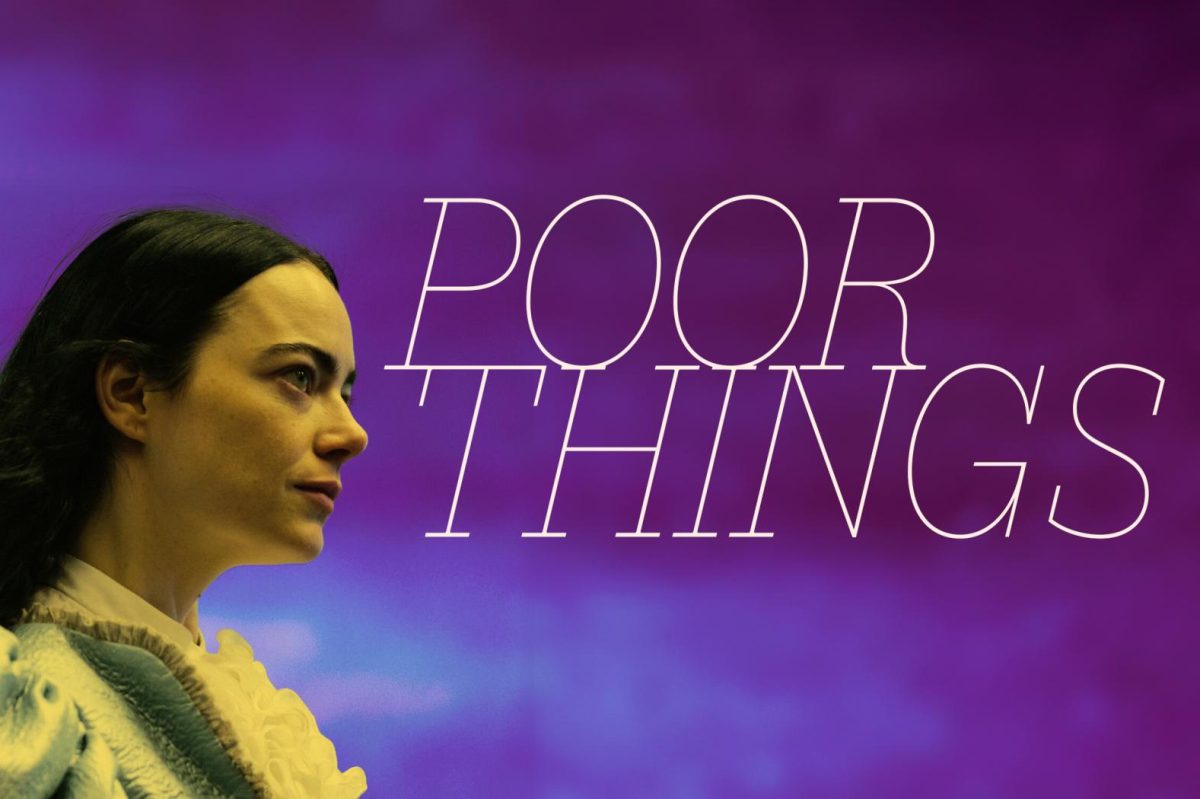
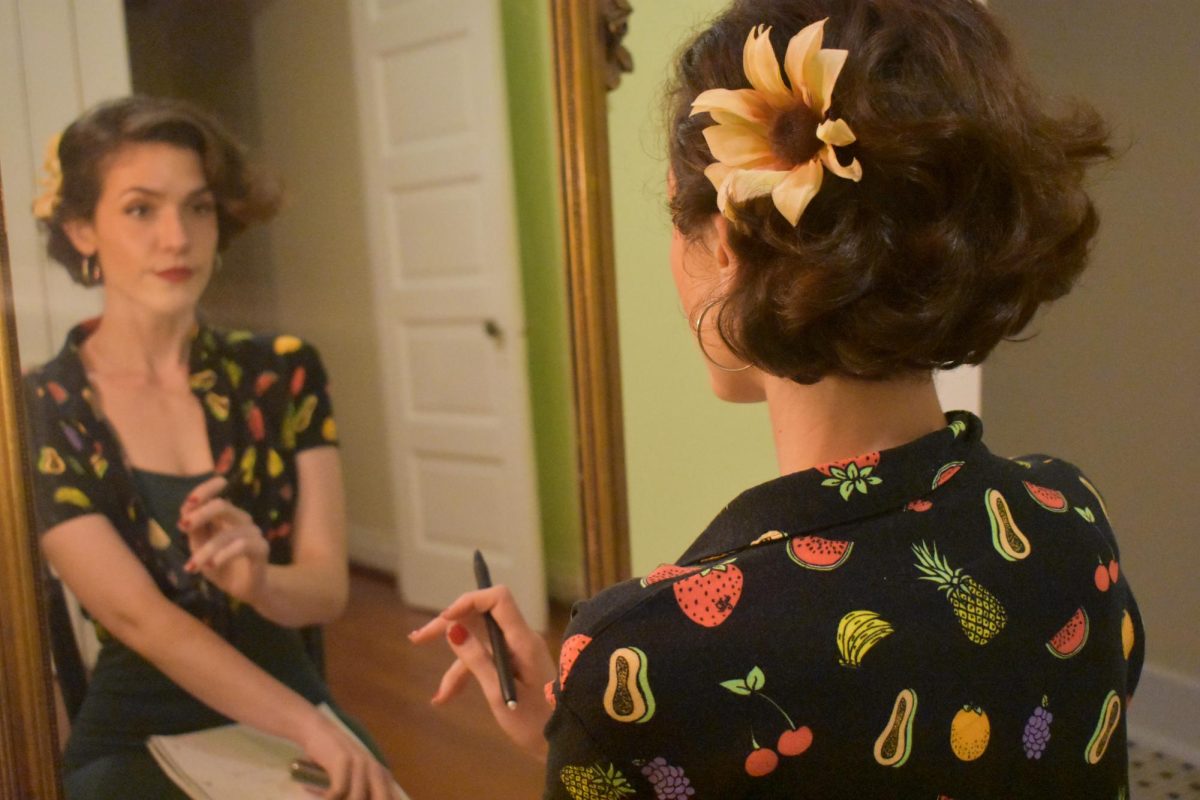

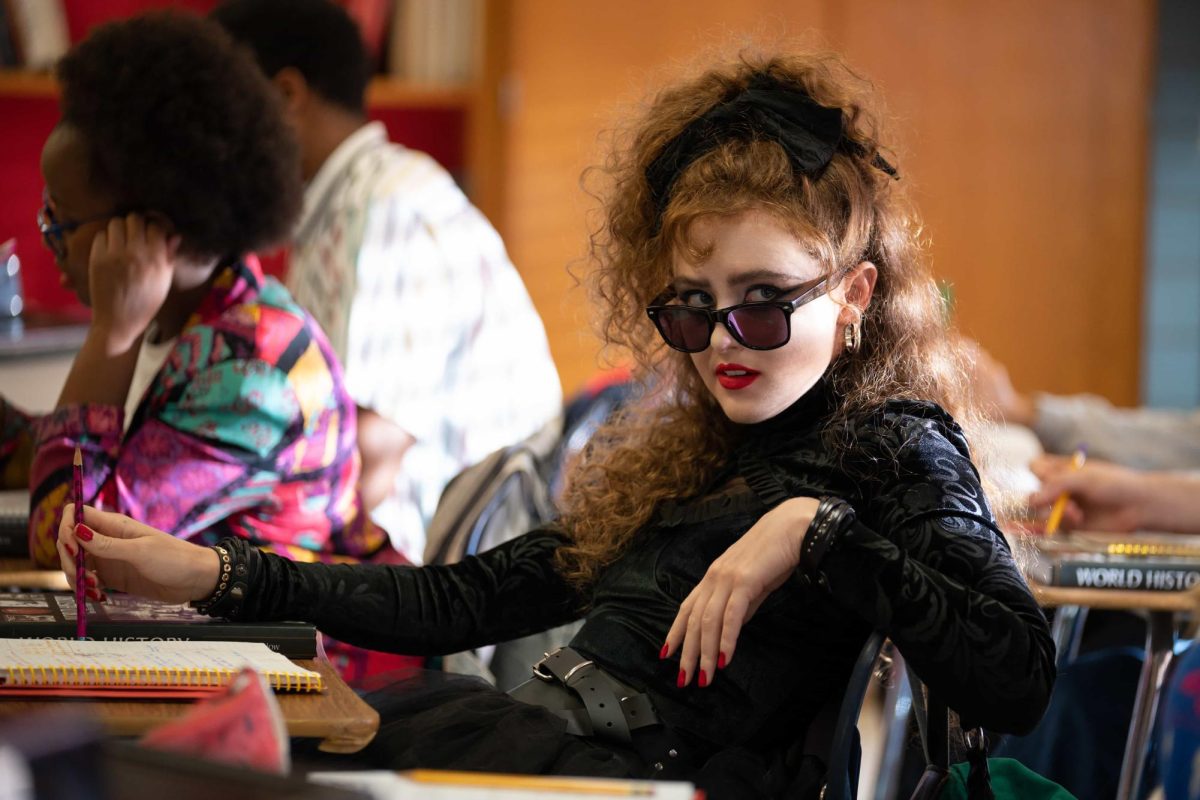
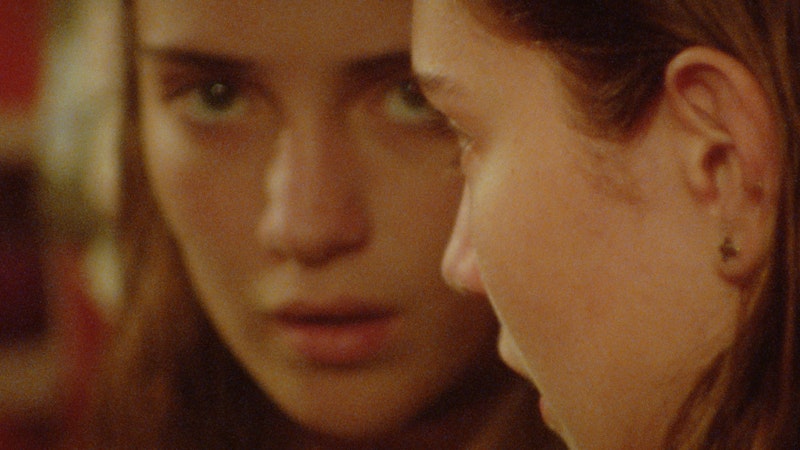
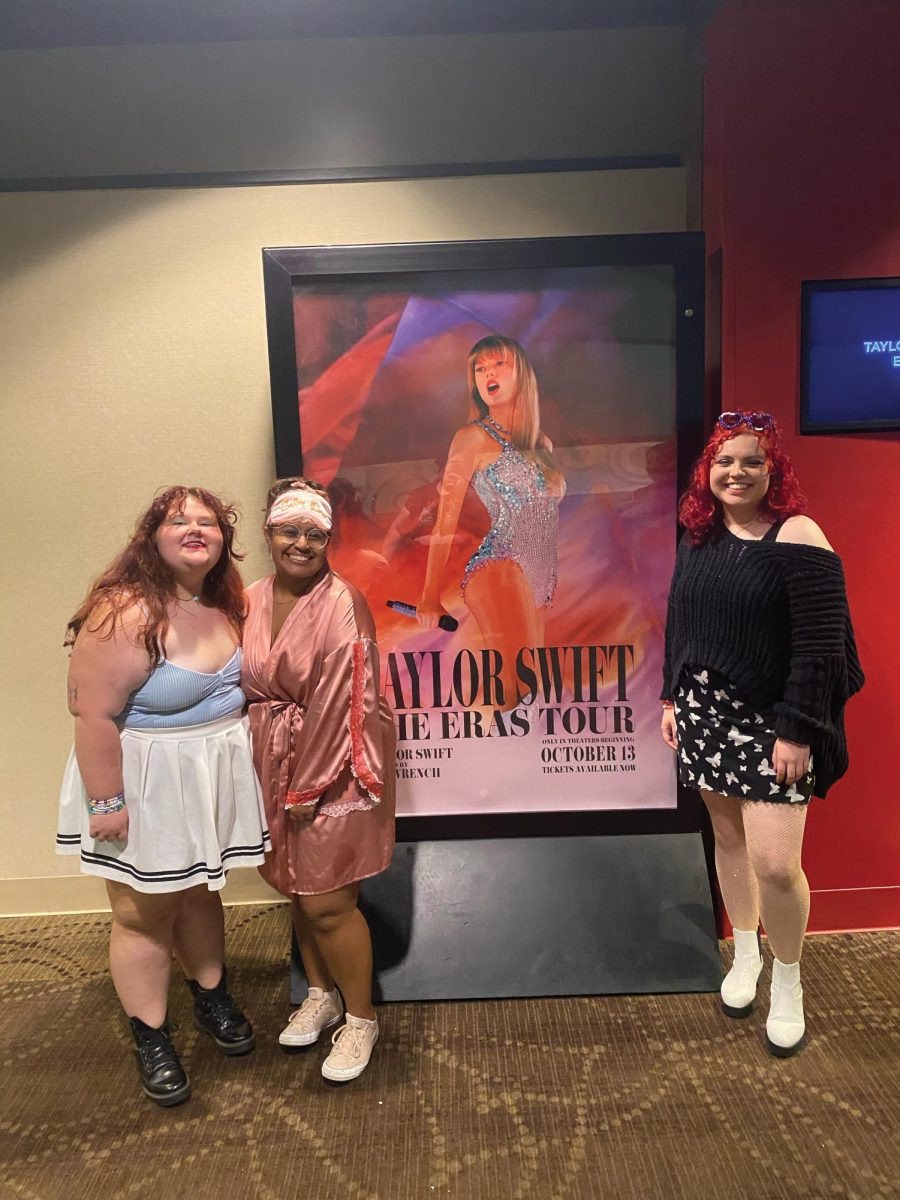












O. Cooper • Mar 12, 2024 at 12:24 pm
Great writing! Makes me want to see the movie! Thank you.